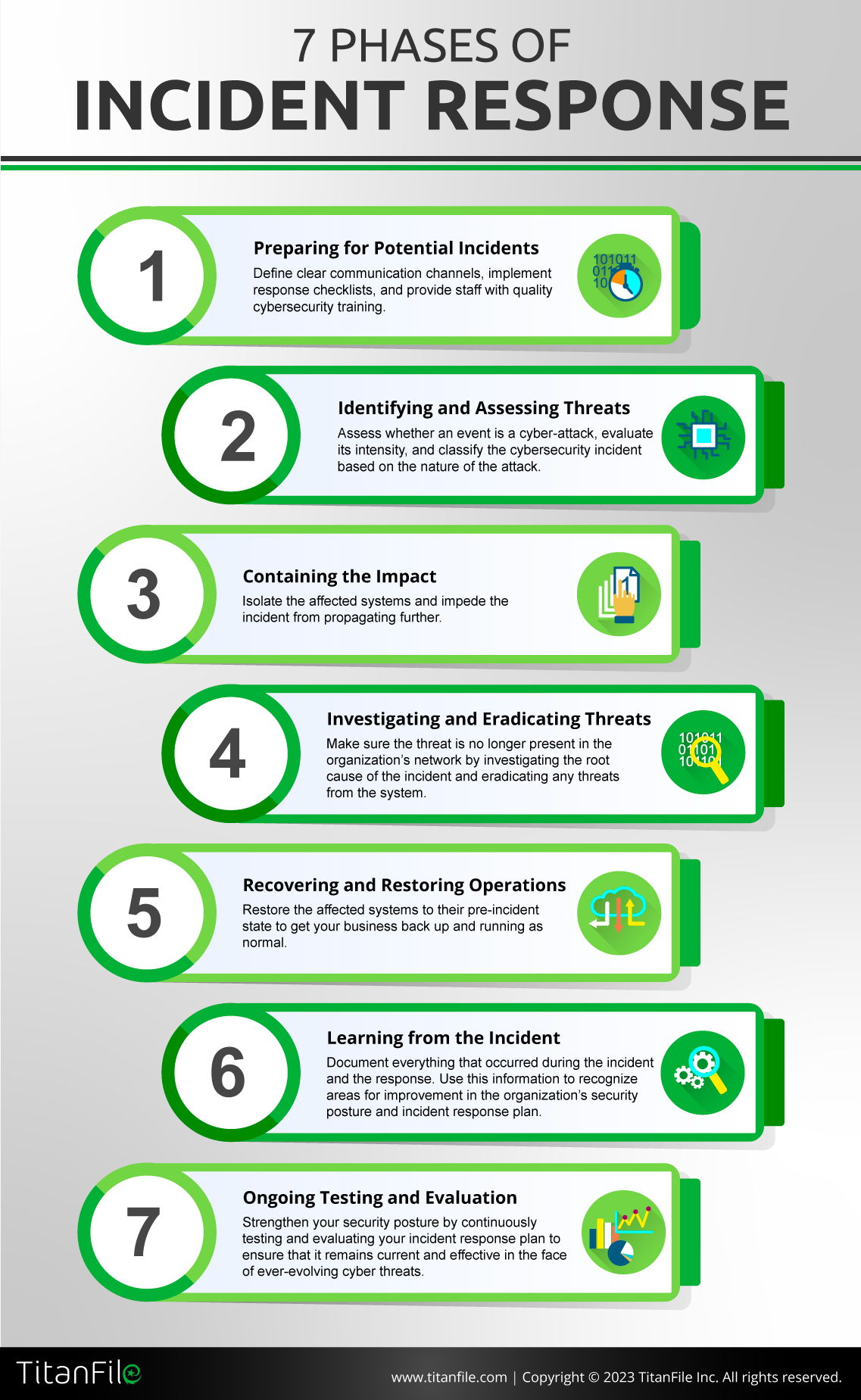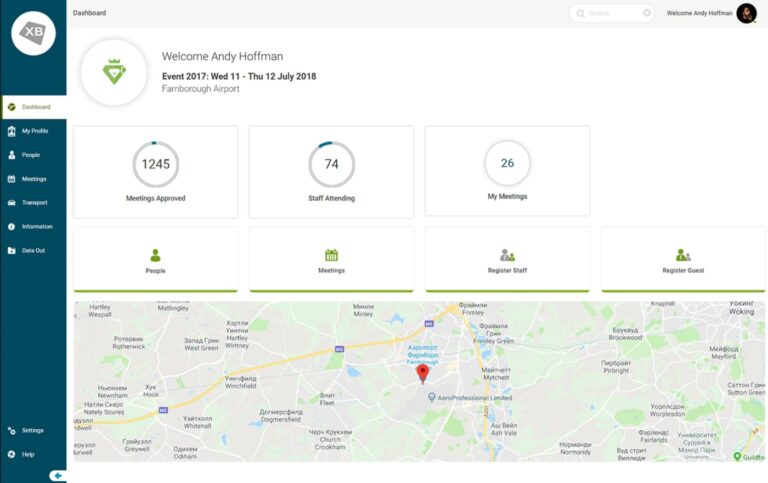Are you looking to take your events to the next level with precision and efficiency? Understanding what an event management system is could be the game-changer you need. In simple terms, an event management system is a comprehensive tool designed to streamline the process of planning, executing, and analyzing events of all sizes. Whether you are organizing a corporate conference, a music festival, or a birthday party, this system can work its magic to make the entire event management process seamless and successful. Join us as we delve deeper into the world of event management systems and discover how they can revolutionize the way you plan and execute your events.
Introduction to Event Management Systems
Event Management Systems are sophisticated software solutions designed to streamline the process of planning and executing events of all sizes. From conferences and trade shows to weddings and birthdays, these systems offer a comprehensive set of tools to help event organizers manage every aspect of their events efficiently.
Benefits of Event Management Systems
Event organizers can automate tasks such as venue selection, ticketing, registration, and email communication through these systems. They provide real-time insights and analytics to track attendee engagement and measure the success of events.
Features of Event Management Systems
Key features include online registration, event marketing tools, customizable event websites, and integrated payment processing. These systems enable seamless collaboration among team members and ease the management of multiple events simultaneously.

Key Components of an Event Management System
Event management systems are robust tools designed to streamline and enhance the planning and execution of events. These systems comprise several key components that work together seamlessly to deliver successful events.
Event Registration Management
One of the crucial components is event registration management. This feature allows attendees to register for the event, submit necessary information, and receive confirmation emails. It helps organizers keep track of attendee numbers.
Agenda and Schedule Builder
The agenda and schedule builder component enables organizers to create detailed event schedules, including sessions, speakers, and breaks. This tool helps in efficient time management during the event and keeps attendees informed about the event flow.
Attendee Engagement Tools
Event management systems offer attendee engagement tools such as live polling, surveys, and networking features. These tools enhance participant interaction, gather feedback, and provide a platform for networking opportunities.
Analytics and Reporting
Analytics and reporting functionalities provide organizers with valuable insights into event performance, attendee demographics, and engagement metrics. By analyzing these reports, organizers can make data-driven decisions to improve future events.
Benefits of Using an Event Management System
Event management systems have become essential tools for organizing successful events while streamlining operations and enhancing attendee experiences. Let’s explore some of the key benefits that these systems offer:
1. Improved Efficiency
By centralizing event planning, registration, and communication processes, event management systems speed up task completion, eliminate manual errors, and reduce the need for multiple tools.
2. Enhanced Attendee Engagement
These systems allow organizers to create personalized experiences for attendees, send targeted messages, and gather feedback to improve future events.

How Event Management Systems can Transform Your Events
Event Management Systems play a pivotal role in revolutionizing the event planning and execution process. These systems are designed to streamline various aspects of event organization, from registrations and ticketing to attendee management and post-event analytics. By leveraging the power of event management software, event organizers can enhance efficiency, improve attendee experiences, and boost overall event success.
The Benefits of Implementing an Event Management System
Implementing an Event Management System offers numerous benefits:
- Efficiency: An efficient system enables organizers to automate repetitive tasks, saving time and resources.
- Attendee Engagement: Engage attendees through personalized communication and interactive features.
- Data Insights: Access valuable data for informed decision-making and strategic planning.
- ROI Maximization: Optimize event investments and increase returns through better management.
Key Features of Event Management Systems
Event Management Systems come equipped with a range of features to enhance event execution:
- Online Registration and Ticketing (streamlining attendee sign-ups)
- Agenda Management (ensuring seamless scheduling)
- Speaker and Sponsor Management (facilitating collaboration)
- Analytics and Reporting (providing actionable insights)

Case Studies: Successful Implementation of Event Management Systems
Event management systems have revolutionized the way events are organized and executed. Through real-time case studies, we can witness the transformative power of these systems in action.
Increased Efficiency and Productivity
One of the key benefits of implementing an event management system is the significant increase in efficiency and productivity. With streamlined processes and automated tasks, event planners can focus more on creating memorable experiences for attendees.
Enhanced Attendee Experience
By utilizing event management systems, organizers can provide a seamless and personalized experience for attendees. From customized registration processes to real-time notifications, participants feel more engaged and valued throughout the event.
Tips for Choosing the Right Event Management System
When it comes to organizing successful events, having the right event management system is crucial. Here are some tips to help you choose the perfect system that aligns with your event needs:
1. Define Your Requirements Clearly
Before selecting an event management system, clearly outline your event requirements, such as registration management, ticketing, attendee tracking, and analytics.
Ensure the system you choose meets all your specific needs.
2. Consider Ease of Use
Opt for a system that is user-friendly and intuitive to navigate, both for your team managing the event and for attendees interacting with the platform.
- Choose a system with a simple interface for hassle-free operations.
3. Integration Capabilities
Look for an event management system that seamlessly integrates with other tools you use, such as CRM software, email marketing platforms, or payment gateways.
Frequently Asked Questions
-
- What is an Event Management System?
- An Event Management System is a software tool that helps in managing, organizing, and executing events efficiently. It streamlines various tasks such as registration, ticketing, scheduling, marketing, and more.
-
- How can an Event Management System transform events?
- An Event Management System can transform events by automating processes, increasing attendee engagement, providing valuable insights through analytics, enhancing communication, and improving overall event experience for organizers and participants.
-
- What are the key features of an Event Management System?
- Key features of an Event Management System include registration management, attendee management, event promotion tools, agenda management, speaker management, venue management, analytics and reporting, and integration capabilities with other tools and platforms.
-
- How can event organizers benefit from using an Event Management System?
- Event organizers can benefit from using an Event Management System by saving time and effort on manual tasks, increasing productivity, reducing errors, improving attendee experience, enhancing event security, and gaining better insights for planning future events.
-
- Is an Event Management System only suitable for large events?
- No, an Event Management System can be used for events of all sizes, from small meetings and workshops to large-scale conferences and festivals. It offers scalable solutions that can be customized based on the event requirements.
Unlocking the Power of Event Management Systems
Event management systems are the backbone of successful events, providing a centralized platform to streamline planning, coordination, and execution. By harnessing the power of technology, event managers can enhance attendee experiences, optimize resources, and ultimately elevate the overall event quality.
From registration management to data analytics, these systems offer a wide array of tools to simplify complex processes and drive efficiency. By automating tasks and providing real-time insights, event management systems empower organizers to make data-driven decisions and adapt to evolving needs on the fly.
In conclusion, embracing an event management system is not just about convenience – it’s about unlocking the potential to create unforgettable experiences that leave a lasting impact. So, take the plunge, explore the possibilities, and revolutionize your events with the magic of modern technology.



